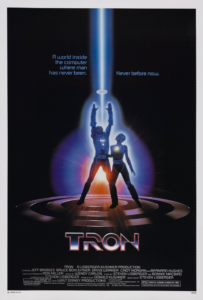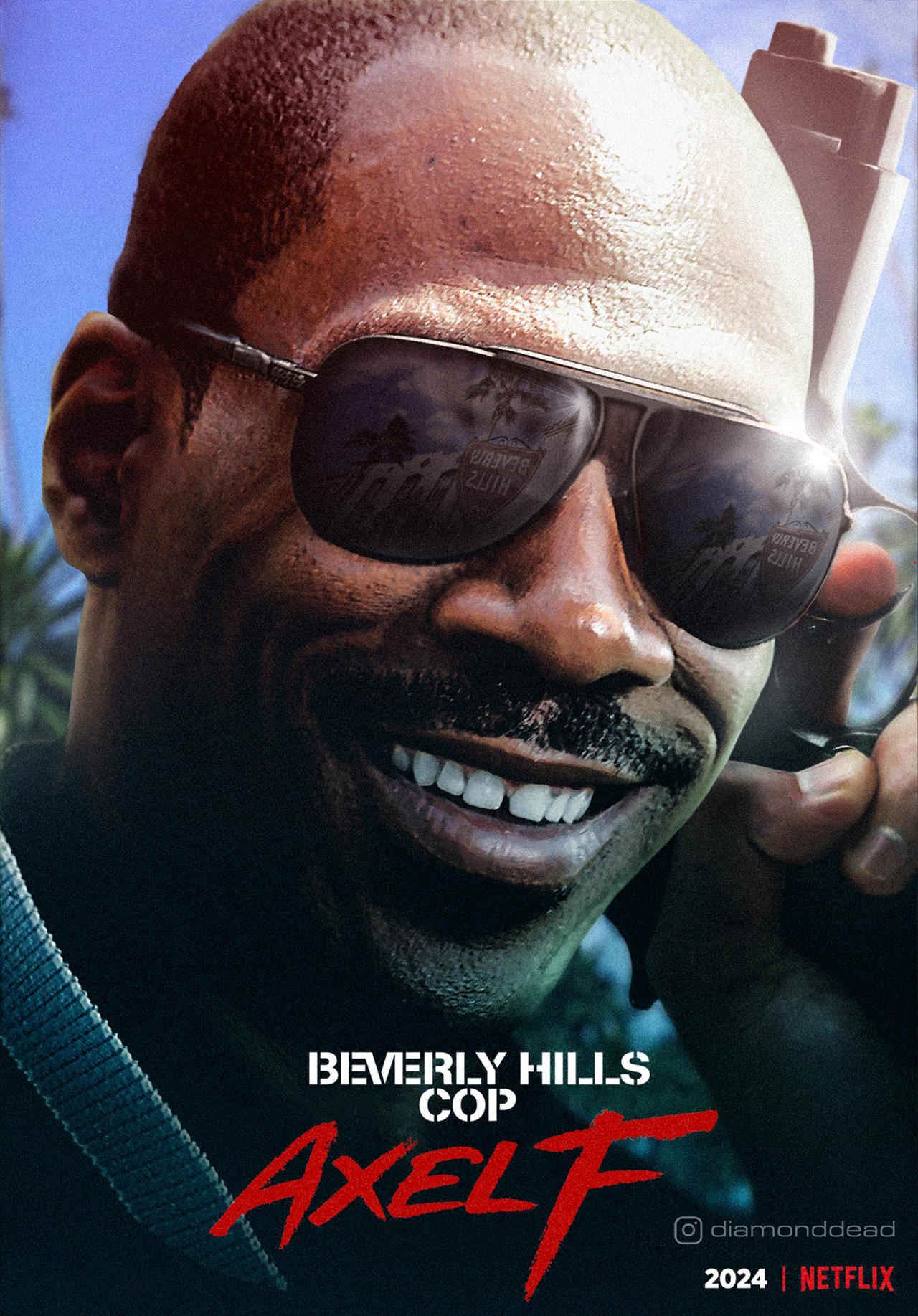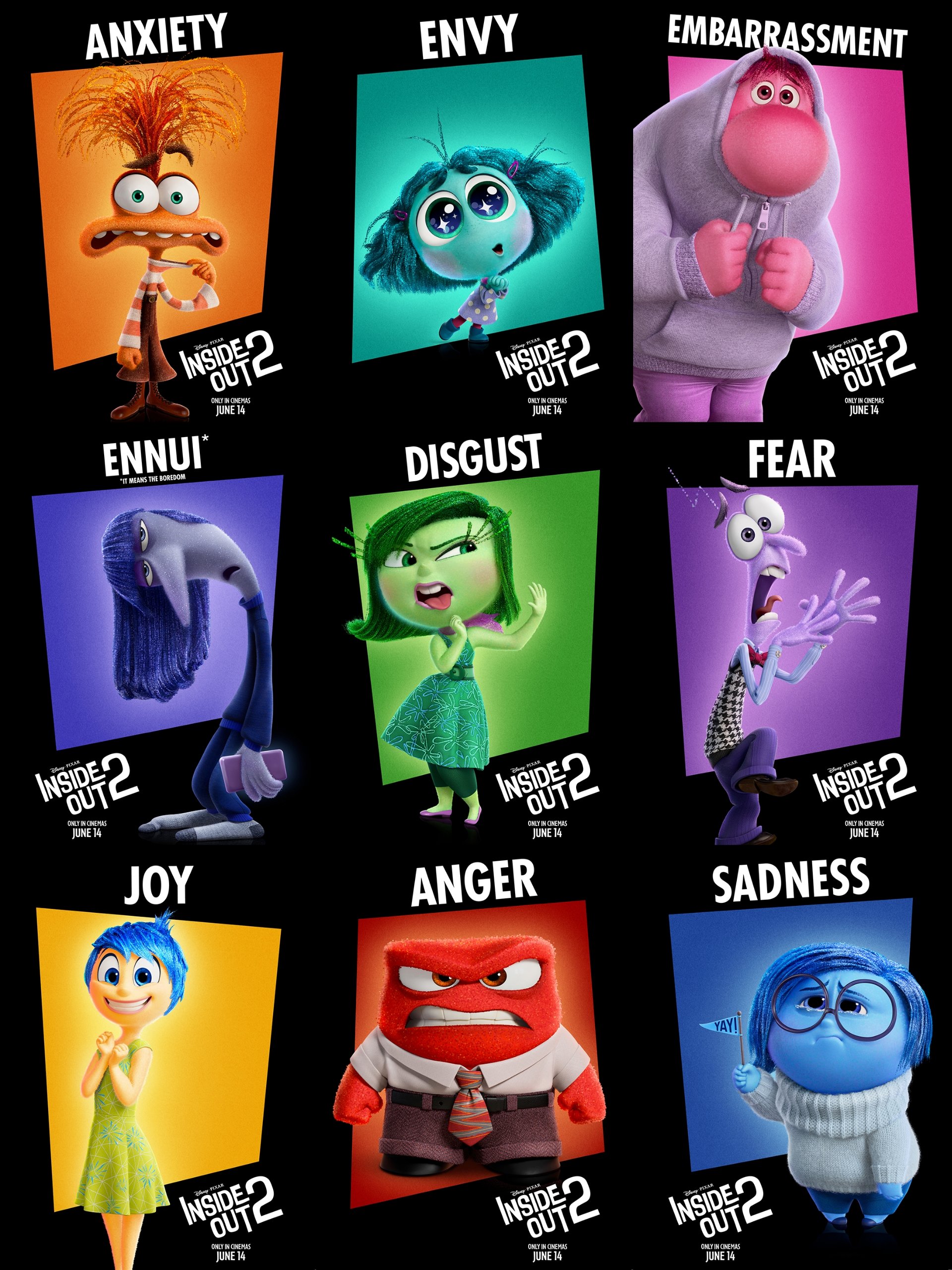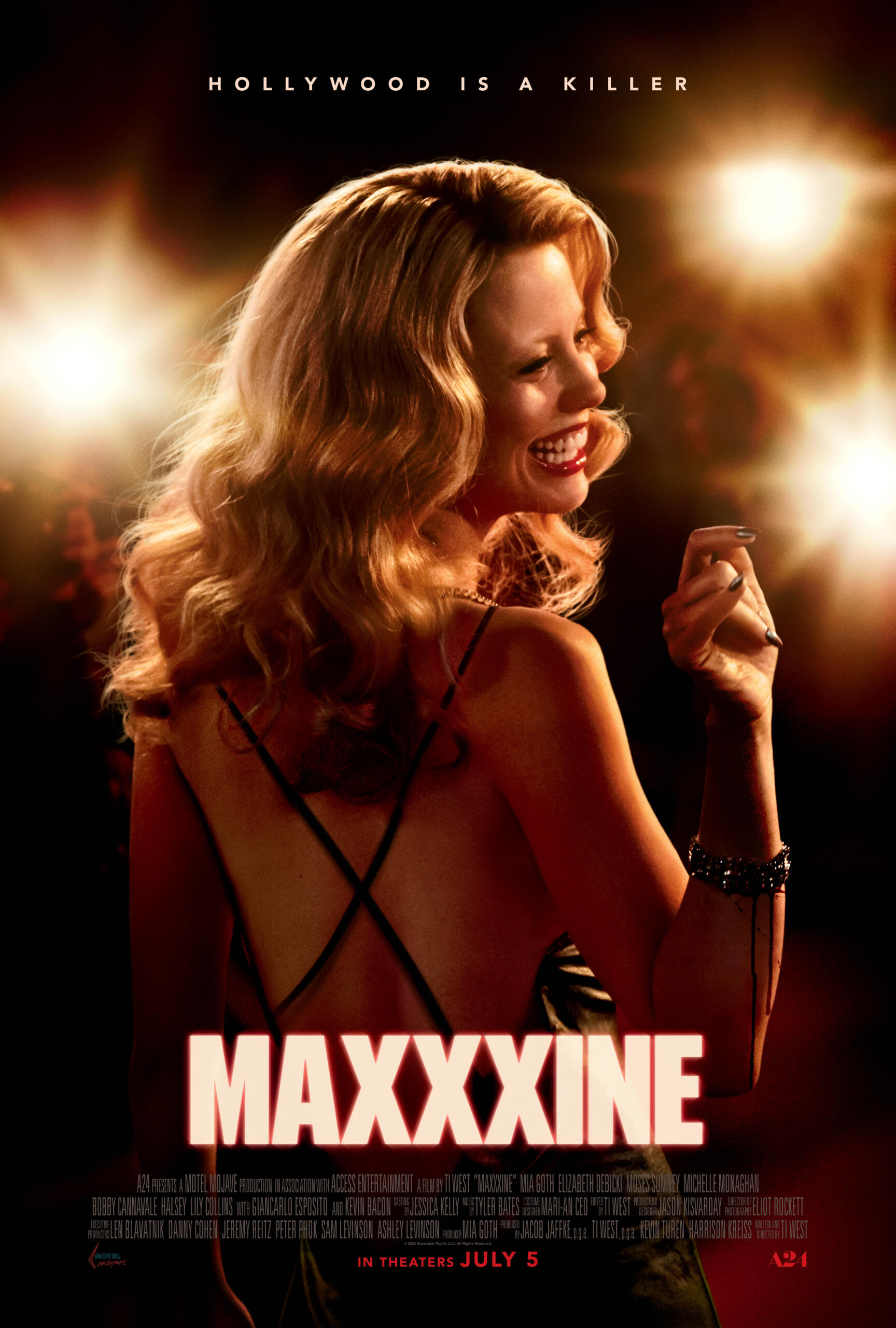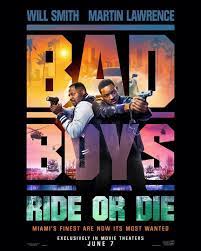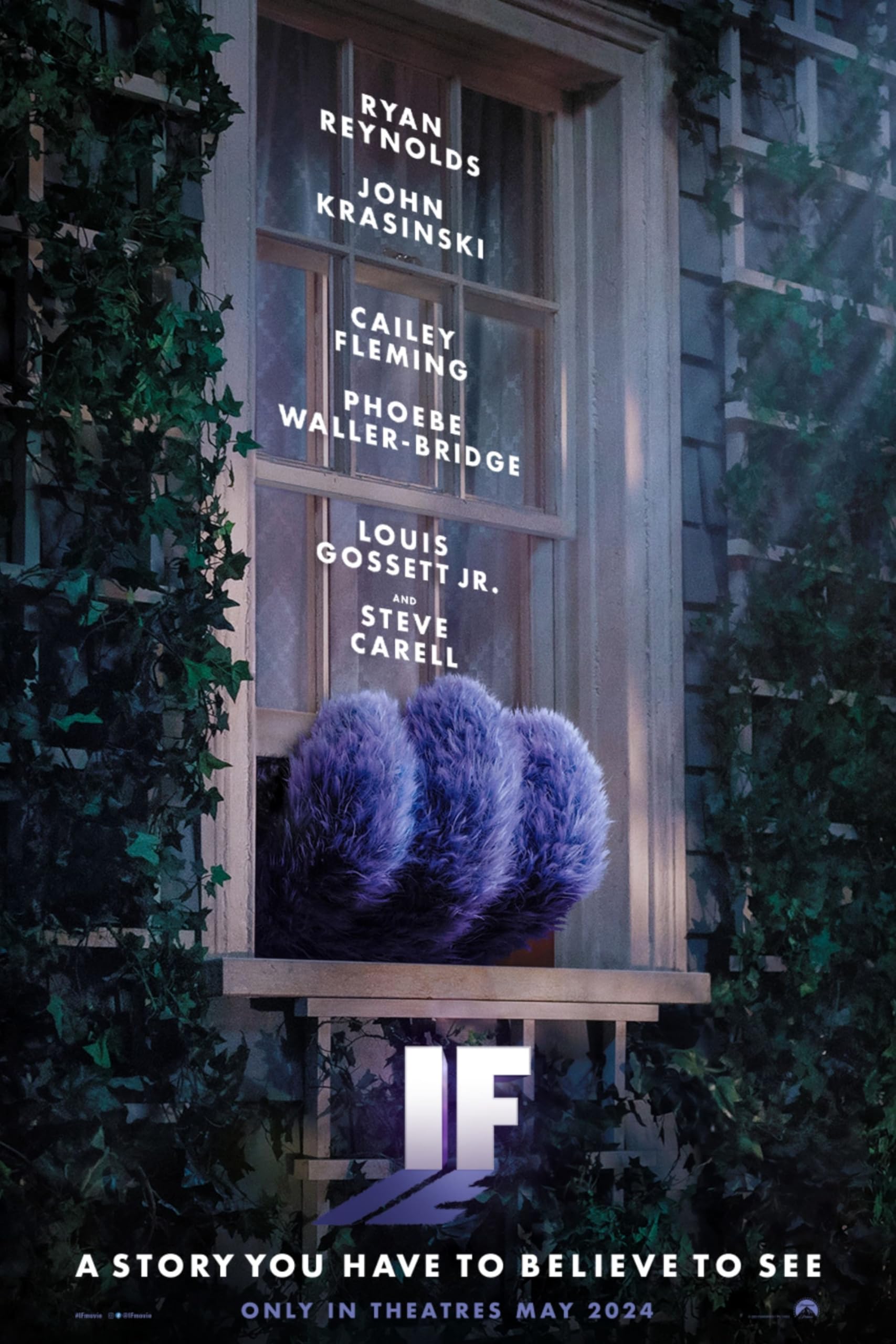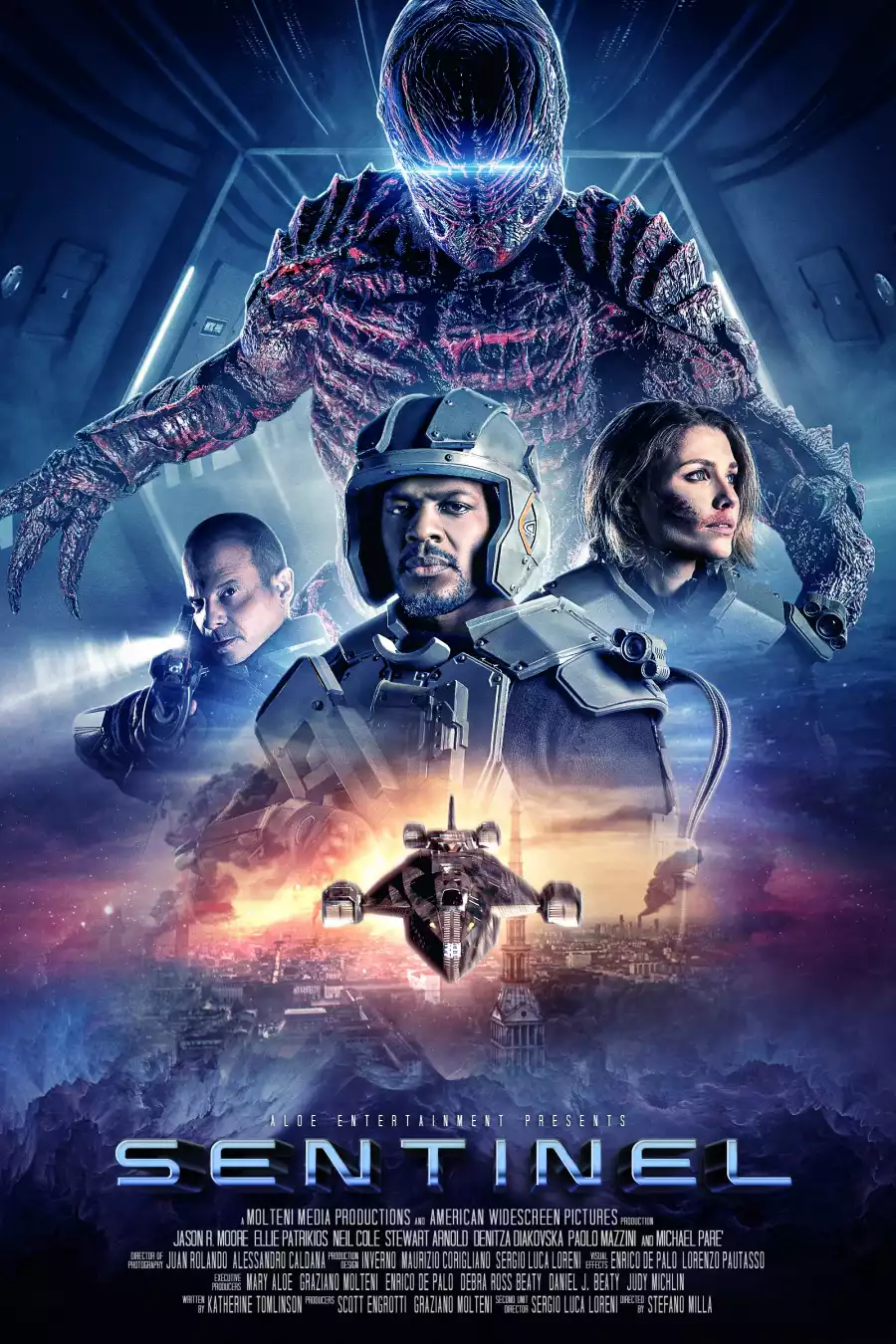- BEVERLY HILLS COP: AXEL F.
- Starring: Eddie Murphy, Taylour Paige and Kevin Bacon
- Directed by: Mark Molloy
- Rated: R
- Running time: 1 hr 56 mins
- Netflix
Forty years ago an unnamed studio executive convinced Sylvester Stallone to drop out of one film and do “Cobra” instead. The film in question was “Beerly Hills Cop,” and the character of Axel Foley solidified Eddie Murphy as a true movie star. Four decades later, we once again find the Detroit cop back in Beverly Hills, this time working on a case that he can’t help but take personal.
Bolstered by a fine story and strong leading performances, “Axel F.” works as both a continuation of the original film series or as a stand-alone crime drama. We meet Axel (Murphy) back in Detroit, where he is still pissing off the residents of the Motor City. When he learns his estranged daughter Jane (Paige), an attorney, is representing a suspected cop killer he returns to California to protect her.
Seeing Murphy back on screen in his Detroit Lions jacket and Adidas shoes, it’s like no time has passed since the first film. Murphy and I are the same age (63) and if we stood next to each other you’d think I was his grandfather. I think returning to a character he knows so well served as a fountain of youth for the actor, who is constantly moving on screen. His scenes with Paige are among the film’s best, as Murphy shows an emotional range that may surprise some. It’s his best performance since his Oscar-nominated work in “Dreamgirls’ – an award, in my opinion, he should have won!
In between the action we get to catch up with old friends like Billy Rosewood (Judge Reinehold), Taggert (John Ashton) and Serge (Bronson Pinchot), who slip back into their characters as easily as an old pair of shoes. Throw in a bearded, and unrecognizable, Joseph Gordon-Levitt as a detective who has a past with Jane and Kevin Bacon as a no-nonsense cop and you have the makings of a well told story.
Not sure if Murphy will ever revisit Axel Foley again but if this film is any indication, it would be a most welcome return.
On a scale of zero to five, “Beverly Hills Cop: Axel F.” receives ★★★★
